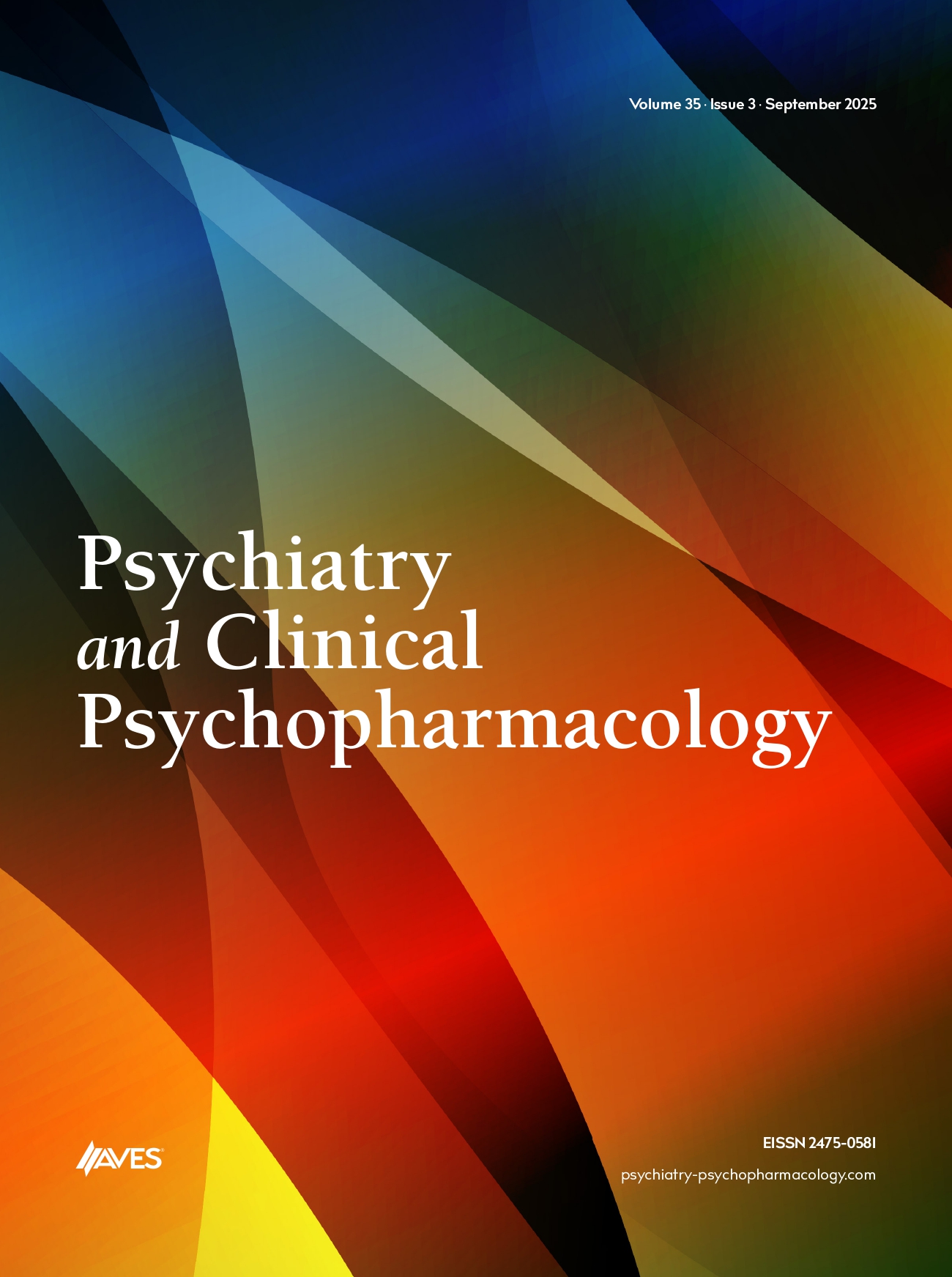Self-regulation refers to the process of regulating an emotional state and organizing a behavioral response to experiences. Infants begin to develop self-regulatory skills in the first months of life, when they interact with the others and learn to regulate arousal and responses to sensory stimulation. Self-regulatory skills include abilities to maintain attention, self-console, and change emotional states. Although early problems in self-regulation (e.g., excessive crying or sleep disturbances) may resolve with maturity, 7% of young children persist in displaying maladaptive responses to sensory stimulation and develop regulation disorders of sensory processing (RDSP). Infants with RDSP can be defined as children having some behavioral and/or emotional problems, observable over time and across settings, that interfere with normal neuropsychological development. The few studies that have been published on children with regulatory problems suggest that early RDSP may lead to later emotional and behavioral disorders. However, yet little is known about the development of early regulation problems from preschool age to middle childhood and adolescence. The findings show that regulatory symptoms and related problems may well persist beyond infant and toddler age. The diagnostic classification and psychiatric terminology differ as the child grows, however the core symptoms (e.g., affect and attention regulation, impulse control problems) mostly do not change. Previous studies so far reported that a high percentage of toddlers with RDSP are diagnosed with attention and oppositional disorders in childhood. Children with attention and behavior disorders are mostly diagnosed with personality, anxiety, and affective disorders in adulthood. Therefore, RDSP can be assumed a very early predictor of adulthood psychopathologies and it is a target for later research. More longitudinal research is needed to understand the developmental psychopathological importance of regulatory symptoms of infants and toddlers.


.png)
.png)